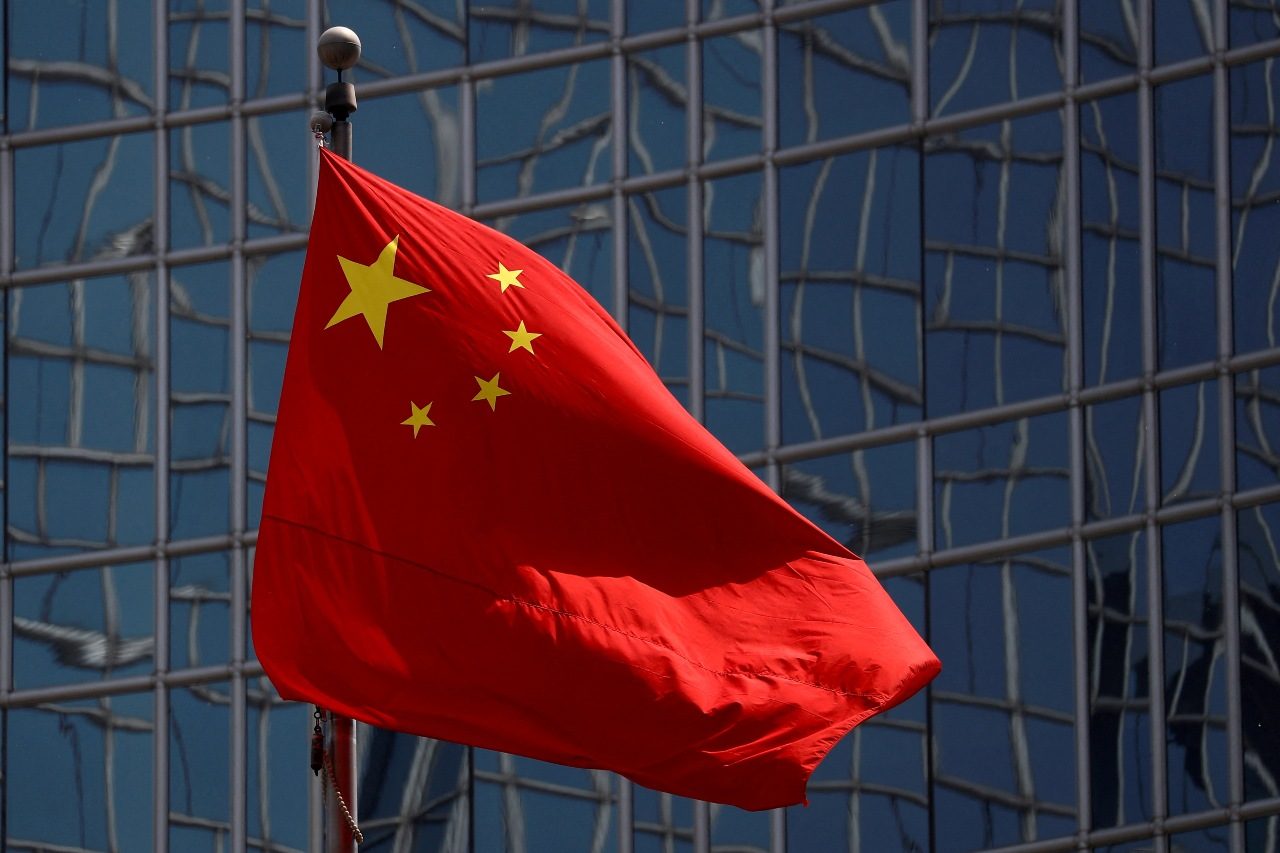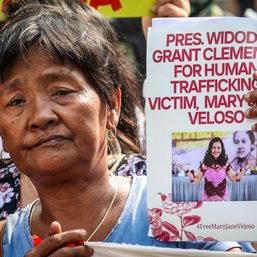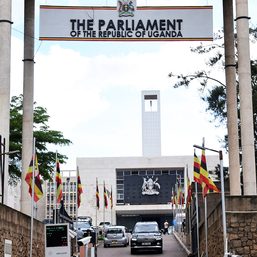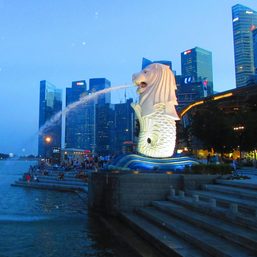SUMMARY
This is AI generated summarization, which may have errors. For context, always refer to the full article.

MANILA, Philippines – China executed two Filipinos who were convicted of drug trafficking, the Philippines’ Department of Foreign Affairs (DFA) announced on Saturday, December 2.
The two, who had been on death row since their conviction in 2016, were executed via lethal injection on November 24. The DFA said the two were able to speak to their families prior to their execution.
“The Department of Foreign Affairs regrets to inform the nation that two Filipino nationals were executed in China on 24 November 2023 for drug trafficking offenses, as confirmed by the Philippine Consulate General in Guangzhou,” the DFA said in a statement.
“We offer our most sincere condolences to their families and loved ones. We respect the wishes of their families for privacy, and as such are withholding the identities of the two Filipinos. The Department likewise, deferred from immediately announcing this sad development pending receipt from the Chinese side of the formal notification of their execution,” it added.
According to international human rights group Amnesty International, China tops the world in terms of number of people subjected to the death penalty.
The exact number of people executed in China as capital punishment is unknown, since China considers this a state secret, according to Amnesty International.
Appeals denied
The two Filipinos were arrested in 2013 and first convicted of drug trafficking in 2016. Their cases were appealed with the High People’s Court of Guandong in 2018. A year later, the same court upheld the death penalty verdict.
The DFA said it had assisted the two Filipinos since cases were filed against them in 2013, and that Philippine authorities continuously appealed for the commutation of the death sentences.
The two Filipinos were traveling from China to another country in 2013, when they were arrested for carrying 11.872 kilograms of methamphetamine hidden in DVD players inside their luggage.
“From the time the two Filipinos were arrested in 2013, to their criminal trial, and on through their various appeals of the lower court’s judgment of conviction in 2016, the Department provided all possible assistance, including legal assistance funding, through the Philippine Consulate General in Guangzhou and the Office of the Undersecretary for Migrant Workers Affairs,” the DFA said.
“The Government of the Republic of the Philippines further exhausted all measures available to appeal to the relevant authorities of the People’s Republic of China to commute their sentences to life imprisonment on humanitarian grounds. There were also high-level political representations in this regard,” the DFA added.
The DFA said that the Philippine government’s “repeated appeals were consistent with the laws and values of our nation, which put the highest premium on human life.”
“In the end, the Chinese government, citing their internal laws, upheld the conviction, and the Philippines must respect China’s criminal laws and legal processes,” it said.
The DFA said the government also assisted the families of the two Filipinos, including facilitating their their compassionate visit to Guangzhou through the DFA’s Assistance to Nationals Fund.
In China, there are 90 remaining death penalty cases – all but one of them drug-related. Of those cases, two have been reduced to life imprisonment, according to DFA spokesperson Teresita Daza. The rest were reduced to “fixed term” sentences.
Two other Filipino nationals are still on death row in China, with their cases on final review.
In 2011, four Filipinos were executed in different Chinese cities over drug convictions, despite Manila’s pleas.
Reminder
Following the latest execution of Filipinos in China, the DFA reminded Filipinos planning to go overseas to remain vigilant against drug syndicates that prey on “unwitting travelers” to serve as drug mules.
“The Department issues this urgent reminder to all Filipinos wishing to travel overseas to be vigilant of the modus operandi of drug syndicates in recruiting unwitting travelers as drug mules, and to refuse to carry any package that you have not personally packed and thoroughly inspected,” the DFA said.
The DFA added that the sad fate of the two Filipinos strengthens the government’s resolve to run after drug syndicates that prey on the vulnerable, including poor Filipinos.
It could be recalled that one of the Philippines’ most high profile citizens jailed abroad, Mary Jane Veloso, was victimized by a drug syndicate. Veloso was arrested in Yogyakarta in 2010 after she unwittingly brought with her a suitcase packed with over 2.6 kilograms of heroin. The government is asking Jakarta to pardon her. – Rappler.com
Add a comment
How does this make you feel?













There are no comments yet. Add your comment to start the conversation.